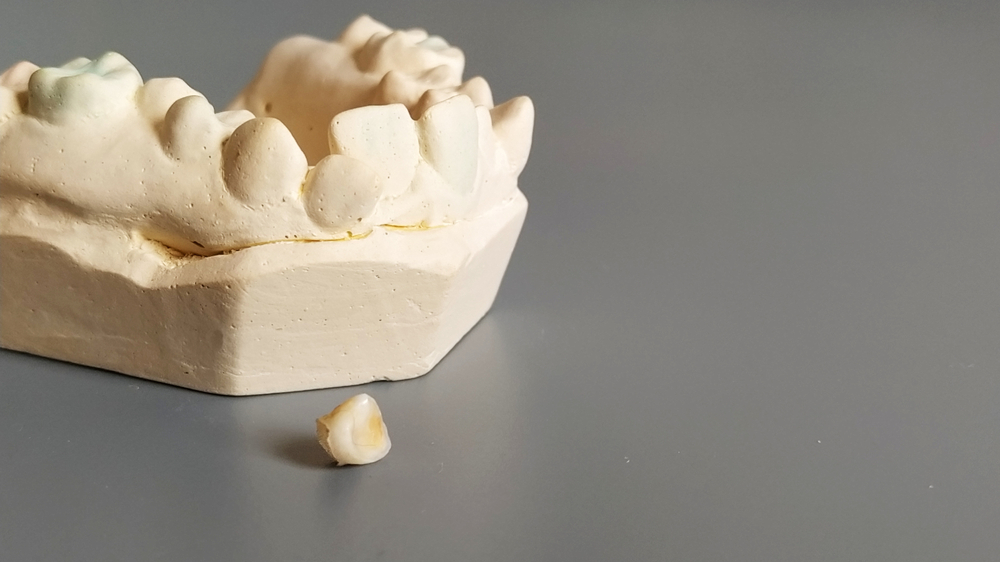
Are you tired of looking at your crooked teeth in the mirror? You can do something about it!
We are all unique, and our physical characteristics set us apart from everyone else. One distinctive feature we all possess is the alignment of our teeth. Some people have straight teeth, while others have crooked teeth.
If you have crooked or crowded teeth, you might have considered getting them straightened. And there are many good reasons to do so! Poor tooth alignment can damage your oral health as well as your self-esteem. But the good news is that you don’t have to live with crooked teeth. Let’s discuss what causes crooked teeth and what you can do about it.
Four causes of crooked teeth
Your tooth alignment actually begins in the womb. But your habits beginning at a very young age also shape whether your teeth come in crooked. Here are four reasons why teeth may not grow straight:
It’s in your genes. Like hair and eye color, your tooth alignment is set by the genes you inherit from your parents. If your parents had crooked teeth, you have a higher likelihood of the same characteristic. Your jaw size is also formed by genetics. An inherited gap between your upper and lower jaw could result in crowding or an improper bite.
Oral habits at a young age. Thumb sucking, bottle feeding, and using a pacifier after age three may contribute to pushing teeth out of alignment. Oral hygiene at an early age plays a role, too. Severely decayed baby teeth may fall out before they’re supposed to, forcing permanent teeth to grow crooked. You should take your child to a dentist as early as 12 months to get a headstart on good oral hygiene.
Gum disease. Poor oral hygiene can lead to gum disease and tooth loss at any age. Inflamed gums can’t hold teeth in place, causing a tooth to fall out eventually. Nearby teeth shift out of place to fill the gap left by the lost tooth, leading to a misalignment.
Injury. Whether from a sporting injury or accident, a blow to the face can knock teeth out of place or knock a tooth out altogether. The remaining teeth move out of place to fill the gap.
What you can do to straighten your teeth
Crooked teeth are not just a cosmetic issue. Crooked teeth are harder to clean, which increases the chance of cavities and gum disease. Crooked teeth can also lead to jaw pain and trouble chewing and speaking. But just as important is the psychological effect of crooked teeth. Some people may feel self-conscious in social situations because of their crooked teeth.
But all that can change with treatment. You can work with an orthodontist to explore teeth-straightening options:
Braces. A rite of passage for many young people, braces can work at any age. And don’t worry about braces being noticeable. Today’s braces come in various styles, including ceramic braces that match your tooth color or lingual braces attached to the back of your teeth.
Invisalign. Clear aligners are another less conspicuous alternative to straighten teeth. If your malocclusion or misalignment isn’t severe, Invisalign is a good choice.
Retainer. For minor overcrowding or misalignment, a retainer can shift the teeth in place without using bulky braces.
Surgery. Minor surgery can realign the bones and gums to keep teeth secure. A more complicated surgery can fix your jaw alignment if crooked teeth affect your chewing and speaking ability.
Tired of your crooked teeth? See an Espire dentist!
Schedule an appointment at Espire’s Fort Collins, Colorado, location today! Our highly trained dentists can suggest effective treatments for your crooked teeth. Don’t live near our Fort Collins office? Find one of our other locations near you.
Fort Collins
2117 Custer Drive
Fort Collins, CO 80525


